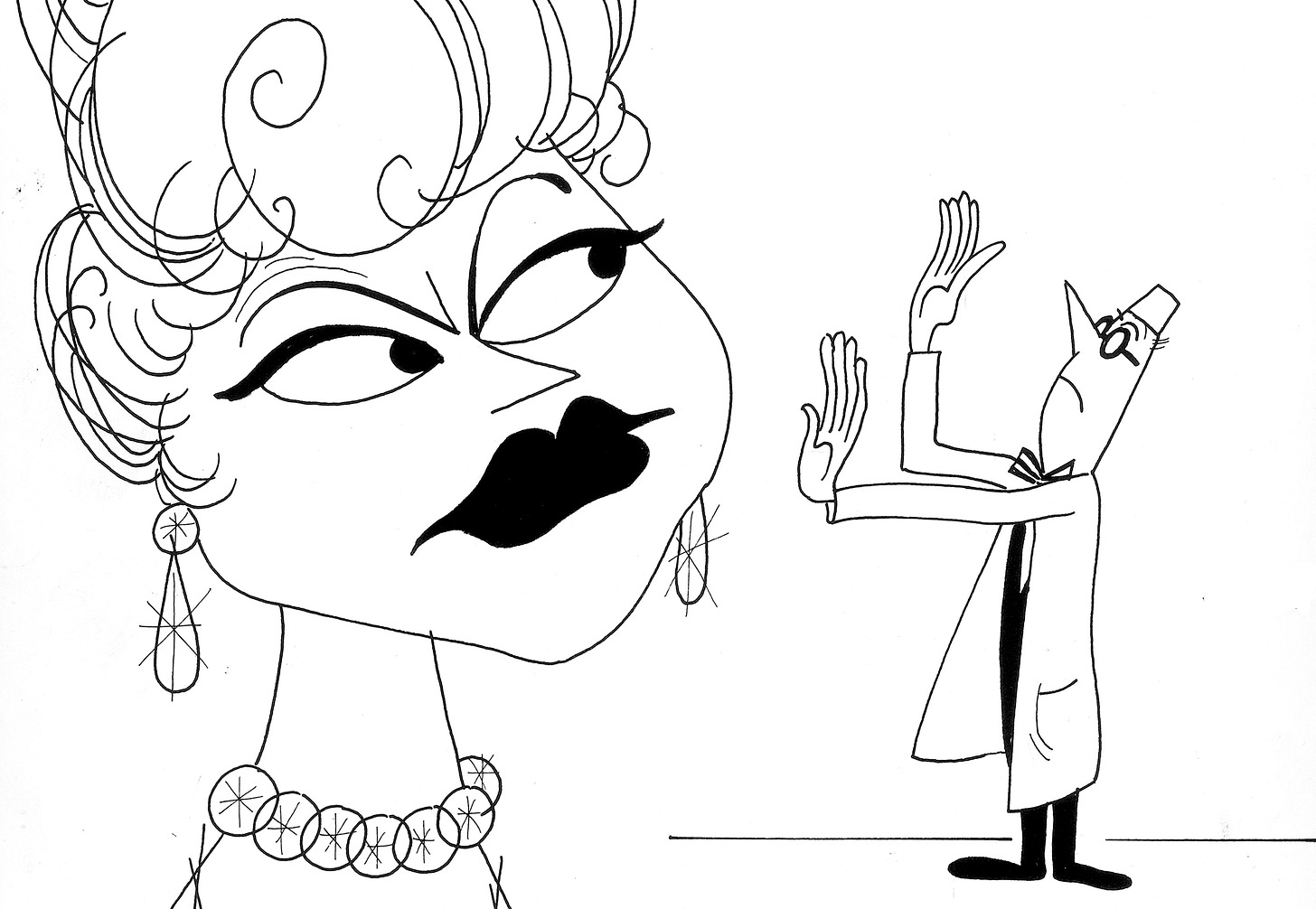I’m back with my next installment of my genre column at The Point! The first one was about C.L. Moore’s “Shambleau,” which you can read here (or here if you’re paywalled out), and this one is about Fritz Leiber’s “A Deskful of Girls.” Check it out:
People don’t really understand each other: that’s at least half of what makes stories run at all. Fritz Leiber, who grew up with a traveling Shakespeare troupe, might have absorbed this fact before most people. By the age of four (the family legend had it), he knew most of Hamlet’s lines by heart. Embedded as he was in these plays, watching Shakespeare’s comedies and tragedies of crossed communications, mistaken twins, misplaced mistrust and disguised selves, he learned that lesson early. As a professional writer of speculative fiction, Leiber would go back to Shakespeare often, setting stories backstage at Shakespeare productions or lifting a line to title a book. The greatest tribute he would pay to Shakespeare, though, was his interest in human doubleness: double agents, double crossings, double hearts.
I think this piece and the Northanger Abbey piece are some of the better things I’ve written lately. So… read it!1


